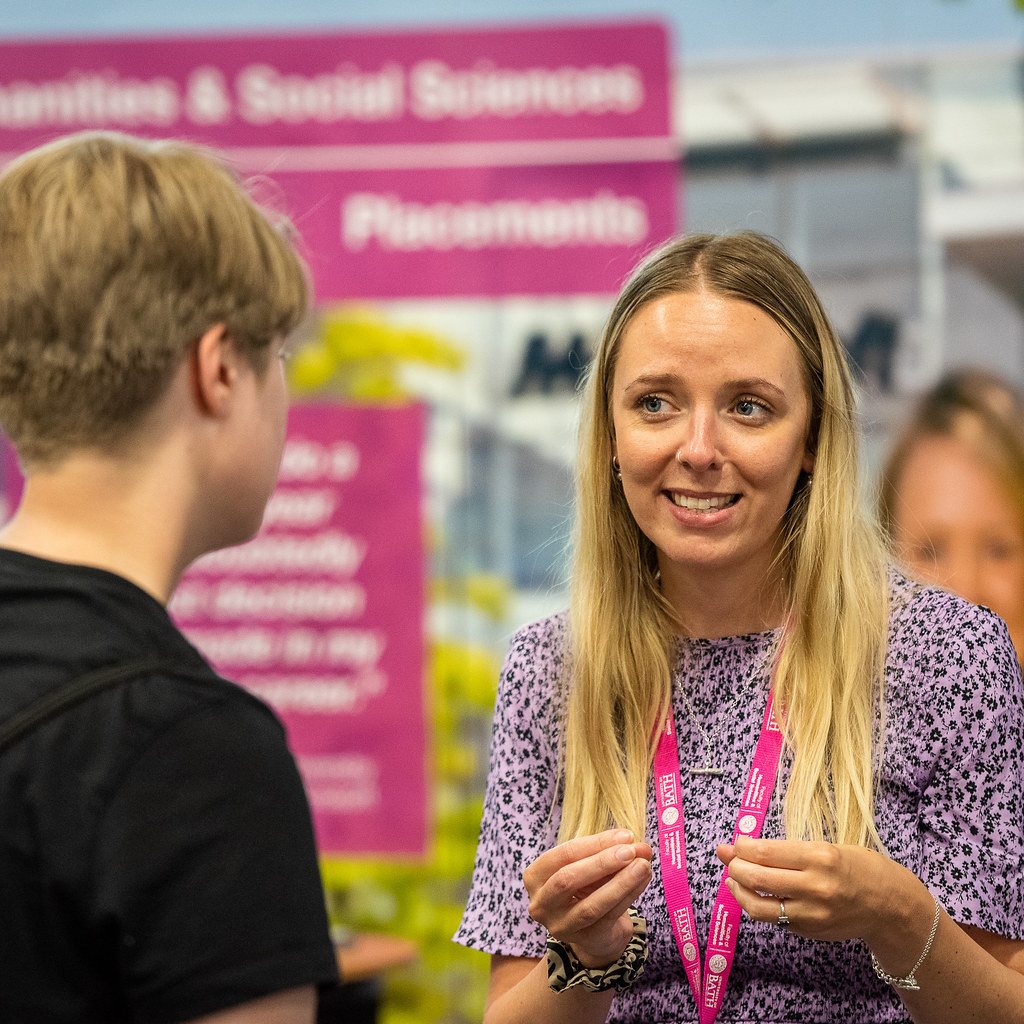Your academic advisor will be from your department and support your academic and professional development throughout your time here.
They can help you adjust to studying at university and tell you how to find any other help you might need. They can also give you an academic reference for your placement and your first job after graduating.
You'll meet your academic advisor during your first two weeks at the University and a few more times in your first semester, then at least once a semester for the remainder of your studies.




